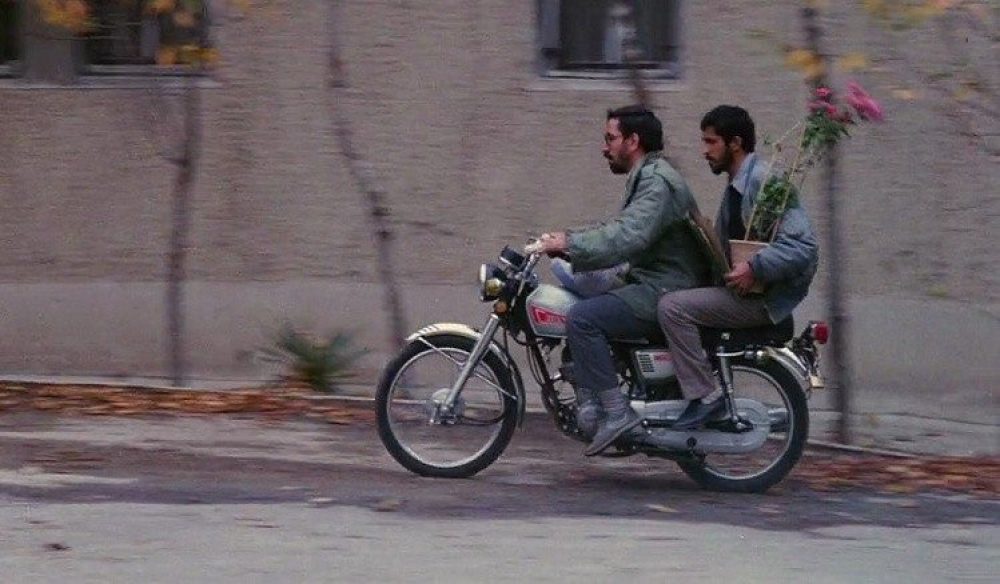Modernity is often conflated with a certain quality of life or amenities such as electricity and running water. When Lerner mentioned the power lines and new radios he found in Balgat, he clearly meant for them to indicate that modernity was reaching the town. The “modern era”, however, has been ongoing for much longer than we have had radios and electricity. What then characterizes modernity? For me, the change is a developed concept of the individual and a cultivation of the self outside of its cultural role. Lerner builds on this idea of modernity and ties this development of the individual to a movement away from nature and the bestial. The Grocer, who Lerner identifies as a modern man before his time, emphasizes this conception of the self. While the chief relies on maxims handed down from his forebears, the Grocer has his own interests, his own opinions, his own desires. For Lerner, this is the mindset that spurs innovation and that eventually brings the quality of life he associates with modernity. The shepherd, who is the grocer’s antithesis, cannot see beyond his traditions, he is as much a part of the cycle of nature as the sheep in his flock or the mud on his boots. Lerner is so eager to discover what has become of the Grocer because he sees the whole world as being open to him; the Grocer has broken out of nature’s grasp and has the power to shape his own destiny.
Iran, Islam, and the Last Great Revolution Fall 2018
Professor Malekzadeh

The Grocer and the Shepherd | Iran, Islam, and the Last Great Revolution Fall 2018